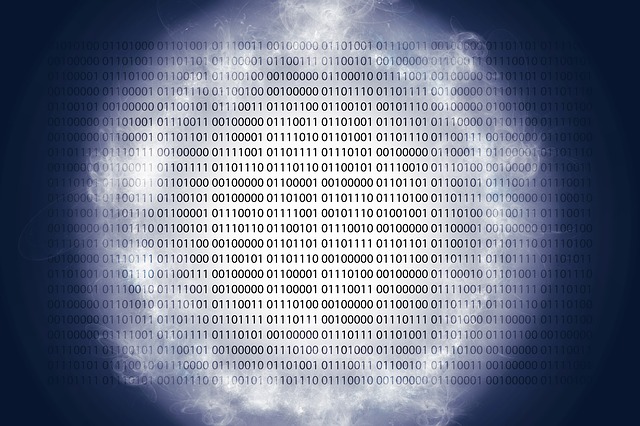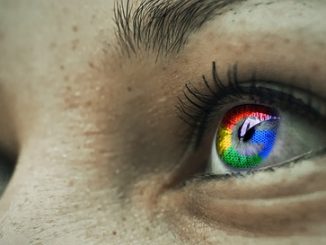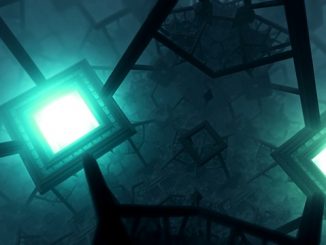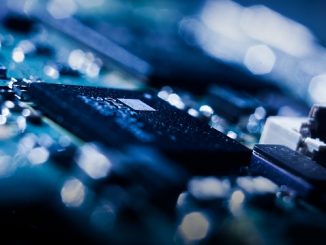
In spite of some breakthroughs and technological advancements, building the first ever quantum computer has remained a dream. And it’s perfectly understandable why scientists have been desperately wanting to make it a reality.
Quantum computers are supposed to be super computers — faster than any existing computer, capable of tackling the most complex and seemingly impossible computational problems within a reasonable amount of time. This computational power is made possible by how a quantum computer works.
Unlike a traditional computer that reads, manipulates and stores information in bits that are only capable of taking the form of 0 or 1, a quantum computer makes use of quantum bits (qubits for short) that are capable of taking the form of 0, 1, or 0 and 1 at the same time (known as superpositioning).
Achieving a state of superposition is challenging enough, if it can be achieved at all. What’s even harder is replicating and saving the data that a quantum computer can derive. Replicating is impossible because of quantum theory’s ‘no-cloning theorem’ — it’s simply impossible to program two atoms to be in the exact same quantum state. Storing data is difficult as well because there’s currently no hard drive that’s big enough to accommodate how much of it a quantum computer is capable of churning out.
Because a quantum computer is essentially non-traditional, it makes sense that its hard drive should also be non-conventional, right? And nothing is as non-conventional as a DNA-based hard drive (at least until the next great idea comes along).
In a recent paper published in the journal Science, scientists from Columbia University (Yaniv Erlich) and the New York Genome Center (Dina Zielinski) demonstrated how a single gram of DNA can effectively store up to 215 petabytes of digital data (equivalent to 215 million gigabytes of data). Theoretically, this will be just like storing every data ever recorded by humans in containers the size of a couple pickup trucks.
They refer to their strategy as ‘DNA Fountain’ and it makes use of a three-dimensional instead of a two-dimensional surface, and this extra surface area is what makes it possible to store that almost unimaginable amount of data.
To test their idea, Erlich and Zielinski encoded a few chosen files of different formats (including a movie, an image, a science paper, an Amazon gift card and even a virus called Zipbomb). Combined, the files gave them a total of about 72,000 DNA fragments. They had these fragments sequenced, decoded, then reassembled. And even if they lost over 2,000 of the fragments, they were still able to perfectly recreate the files. Which basically shows how viable DNA storage can be.
Aside from its enormous storage capacity, DNA can also last for longer periods of time. Unlike CDs and DVDs, DNA will not degrade over time, as long as it is kept in a cold, dark, and dry storage. Neither will it become obsolete.
The prospect is promising, but sequencing and synthesizing DNA is too darn expensive at the moment. Until costs go down, it may not yet be the practical solution for backing up quantum computer data. And if Google happens to actually pull off their plan to build and test their 49-bit quantum computer at the end of this year, they will have to figure out where and how to store their quantum data. How that will be solved remains to be seen. In the meantime, however, it should be noted that whether it is Google or IBM with its radical 50-qubit Q quantum computer, one thing is certain, such systems are no longer just a theoretical dream but rather real quantum computing programs that will keep pushing computing to new frontiers.
Disclaimer: This page contains affiliate links. If you choose to make a purchase after clicking a link, we may receive a commission at no additional cost to you. Thank you for your support!




Leave a Reply